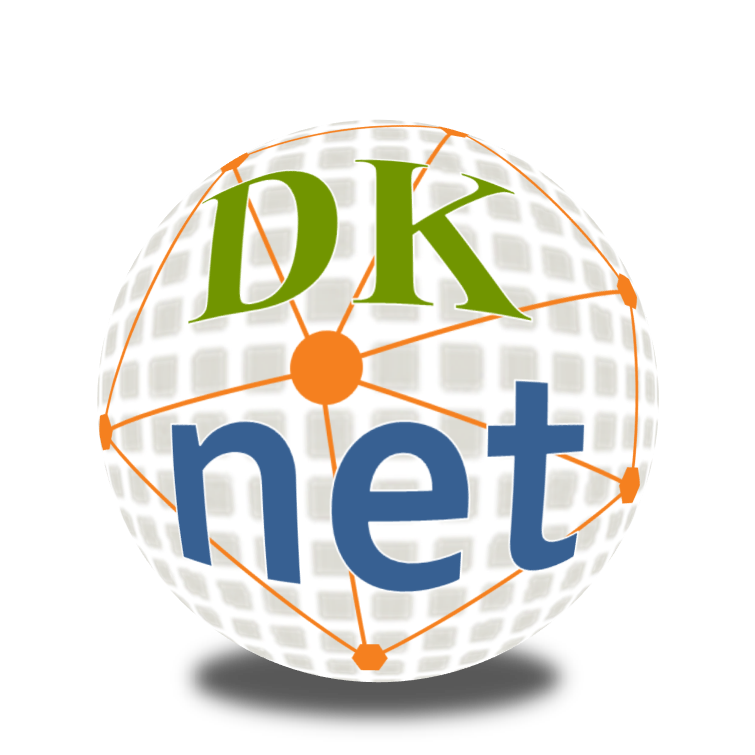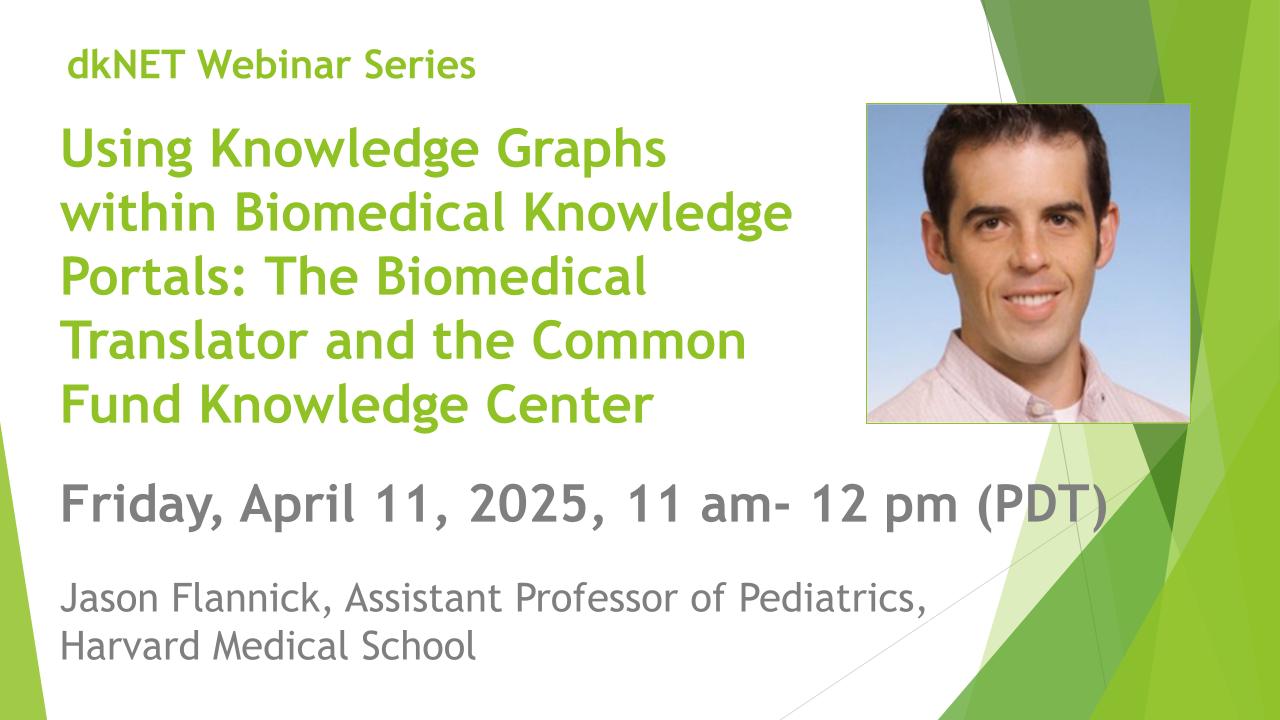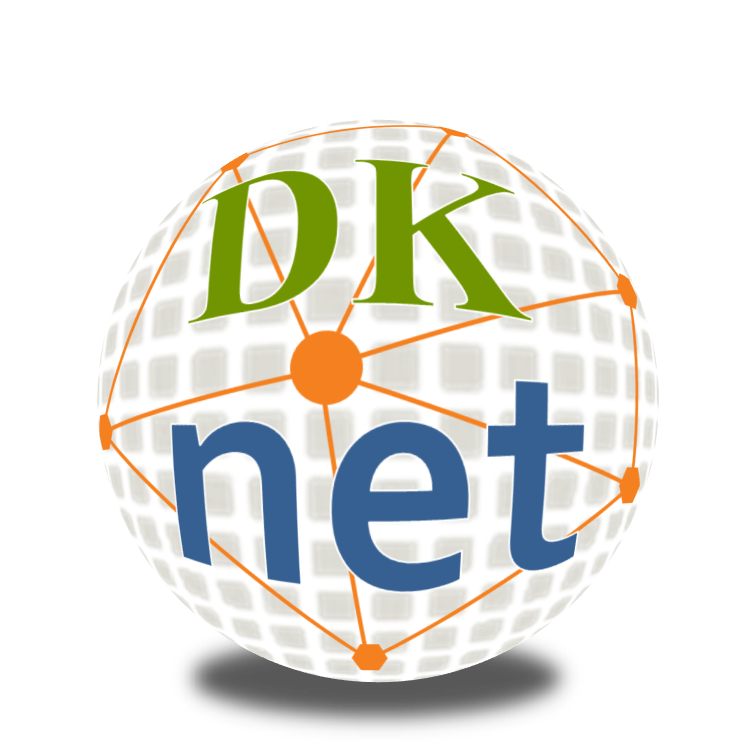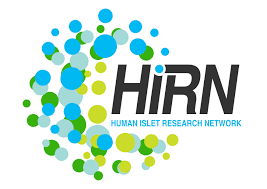Leaving Community
Are you sure you want to leave this community? Leaving the community will revoke any permissions you have been granted in this community.
dkNET community events and announcements in January, 2024
Dear dkNET Community,
dkNET provides updates on activities of interest to the NIDDK-supported community. You could keep up to date on these activities through our Twitter feed @dkNET_info, through our Community Calendar, or through dkNET e-mail list. If you have an event or funding opportunities you'd like to advertise, please contact us info_at_dknet.org.
dkNET News
- Happy Holidays from the dkNET team! Thank you for your continued support in 2023. We wish you all the success in 2024!
_5f93f983524def3d.jpg
)
- Upcoming webinars: Explore our exciting lineup of speakers and resources for the 2024 webinar series! Check out our webinar webpage: https://dknet.org/about/webinar. Upcoming webinars in February 2024:
- An Encyclopedia of The Adipose Tissue Secretome to Identify Mediators of Health and Disease, presented by Drs. Paul Cohen on Friday, February 9, 2024, 11 am - 12 pm PT (Rescheduled from December 1, 2023)
- “The Collaborative Microbial Metabolite Center (CMMC)” presented by Dr. Peter Dorrestein on Friday, February 23, 2024, 11 am - 12 pm PT.
- Recording and Slides are Available: (1) A Single Cell Atlas of Human and Mouse White Adipose Tissue, presented by Dr. Margo Emont on Friday, November 17, 2023: Recording; Slides.
- New publication: Congrats to dkNET co-PI Dr. Maryann Martone on her new article "Incentivizing data sharing in neuroscience: How about a little customer service?" Explore the importance of customer-service-oriented curation in optimizing data submission!
- New Resources added to dkNET
- Rare and Atypical Diabetes Network (RRID:SCR_024732) is a portal dedicated to characterizing, discovering, and defining rare and atypical forms of diabetes. It’s a network of universities, hospitals, and clinics across the United States dedicated to better understanding atypical diabetes. A team of academic institutions and scientists collaborates with physicians and healthcare groups to identify those with atypical diabetes and learn more about their health.
- Hematological Malignancy Research Network (RRID:SCR_024728) is a network that provides information about leukemias, lymphomas, myelomas, and related blood disorders. The statistics are based on data from the UK, and use the World Health Organization’s Classification for Oncology (ICD-O-3) which currently recognizes over 100 different hematological malignancy subtypes.
- MEBOCOST (RRID:SCR_024688) is a software Python package to predict metabolite-mediated cell-cell communications by single-cell RNA-seq data. It is used for inferring metabolites, such as lipid, mediated cell-cell communication events using single-cell RNA-seq data.
- microbeMASST (RRID:SCR_024713) is a web taxonomically informed mass spectrometry search tool that tackles limited microbial metabolite annotation in untargeted metabolomics experiments. Leveraging a database of over 60,000 microbial monocultures, users can search known and unknown MS/MS spectra and link them to their respective microbial producers via MS/MS fragmentation patterns.
- PERFect (RRID:SCR_024682) is a software R package as the filtering test for microbiome data. Permutation filtering approach to address two unsolved problems in microbiome data processing: (i) define and quantify loss due to filtering by implementing thresholds and (ii) introduce and evaluate a permutation test for filtering loss to provide a measure of excessive filtering.
- SlicerMorph (RRID:SCR_024674) is an open and extensible platform to retrieve, visualize and analyze 3D morphology. Extension to import microCT data and conduct 3D morphometrics in Slicer. It is used for data import, visualization, measurement, annotation, and geometric morphometric analysis on 3D data, including volumetric scans (CTs and MRs) and 3D surface scans, all within the 3D Slicer application.
- Microbiome (RRID:SCR_024699) is a software R package for use in microbiome analysis. It is used to provide a comprehensive collection of tools and tutorials, with a particular focus on amplicon sequencing data.
- SingleCellNet (RRID:SCR_024742) is a software tool to classify single-cell RNA-Seq data across platforms and across species.
- SciBet (RRID:SCR_024743) is a software tool as a supervised cell type identifier that accurately predicts cell identity for newly sequenced single cells.
Events in January 2024
Jan. 08, 2024
Abstract Submission Deadline: 84th Scientific Sessions
More information: https://professional.diabetes.org/scientific-sessions
Jan. 09, 2024
Abstract Submission Deadline: ENDO 2024
More information: https://www.endocrine.o rg/meetings-and-events/endo-2024
Jan. 31, 2024
Abstract Submission Deadline: The Alberta-British Columbia (A-BC) I slet Workshop
More information: http://isletmeeting.weebly.com/
Funding Opportunities Information and Deadlines in December 2023
Jan. 01, 2024
Application Deadline: The Vanderbilt Medical Student Research Training Program (SRTP)
More information: https://www.vumc.org/vdrc/trai ning/srtp
Jan. 10, 2024
Submission deadline: Complement-ARIE (Complement Animal Research In Experimentation) Challenge
More information: https://www.herox.com/Complement-ARIE
Jan. 14, 2024
NIH Funding Opportunity Letter of Intent Due: Short Courses to Promote the Broad and Rigorous Use of Common Fund Data (R25 Clinical Trial Not Allowed)
The AI Ready and Equitable Atlas for Diabetes Insights program (AI-READI) is funded by the National Institutes of Health (NIH) through the Bridge to Artificial Intelligence (Bridge2AI) program, a large trans-NIH initiative to generate new datasets for advancing artificial intelligence (AI). One component of AI-READI is the Skills and Workforce Development Module, which includes the development of a yearlong mentored re search internship program aimed at diversifying the future workforce at the intersection of data science/AI and the biomedical sciences and clinical research. This internship program will be centered on developing skill s and providing early exposure to AI, data science, and research, as well as the opportunity to gain exposure to faculty with expertise in AI and biomedical, clinical, and behavioral research. The program will include di rect mentorship for a cohort of interns from AI-READI investigators/faculty mentors, as well as opportunities for career development. The program will correspond with an academic year timeline and will include an in-person two-week bootcamp at the University of California San Diego (UC San Diego) in the summer. After bootcamp, interns will work on a mentored research project related to AI-READI at sites across the country under the mentorship o f AI-READI faculty mentors, while also engaging in a didactic curriculum conducted throughout the year. A year-end research symposium event will be h eld, which will allow interns to present their projects as well as provide an opportunity to interact with other interns and faculty members. This is a paid internship, with monthly stipends ranging from about $ 2200 per month for predoctoral interns to $4500-$5500 per month for post-doctoral interns.
More information: https://dknet.org/about/dknetnews/2666
Jan. 19, 2024
Challenge Submission Deadline: NIDDK Central Repository Data-Centric Challenge
NIDDK is seeking innovative approaches to enhance the utility of NIDDK datasets for AI applications. Towards this, the goals of the NIDDK-CR Data Centric Challenge will be to 1) generate an “AI-ready” dataset that can be used for future data challenges, and 2) to produce methods that can be used to enhance the AI-readiness of NIDDK data. Participants will enhance data from the following longitudinal studies focused on Type 1 Diabetes (T1D), which have been de-identified and made available through the NIDDK-CR:
- The Environmental Determinants of Diabetes in the Young (TEDDY) study
- Four studies from the Type 1 Diabetes TrialNet
(TrialNet) network (see Intermediate level participation description below
for further details).
More information: https://www.challenge.g ov/?challenge=niddk-central-repository-data-centric-challenge
Jan. 25, 2024
NIH Common Fund Challenge Information Webinar: Targeted Genome Edit or Delivery Challenge
The Challenge aims to improve the state of technology in two target areas:
1. Programmable Delivery System for Gene Editing.
Solutions to Target Area 1 should be a highly efficient and programmable delivery system to deliver genome editing machinery that can target specific tissues or cell types. Solutions must have at least 3 configurations and be at least as efficient as the current state of the art.
2. Crossing the Blood Brain Barrier.
Solutions to Target Area 2 must be highly efficient, non-viral delivery systems capable of crossing the BBB to deliver genome editing machinery to a substantial proportion of clinically relevant cell types in the brain.
The best solutions will progress to independent large animal testing and validation, with the potential to revolutionize gene editing technology and make a significant impact in treating genetic diseases.
Jan. 30, 2024
Kidney Precision Medicine Project Funding Opportunity Application Due: The "SenNet + HOA - Hacking the Human Vasculature in 3D" Kaggle competition
The goal of this competition is to segment blood vessels. You will create a model trained on 3D Hierarchical Phase-Contrast Tomography (HiP-CT) data from human kidneys to help complete a picture of vasculature throughout a body.
Your work will better researchers' understanding of the size, shape, branching angles, and patterning of blood vessels in human tissue. $80,000 to be distributed amongst the 5 winning teams!
More information: https://www.kaggle.com/competitions/blood-vessel-segmentation/overview





